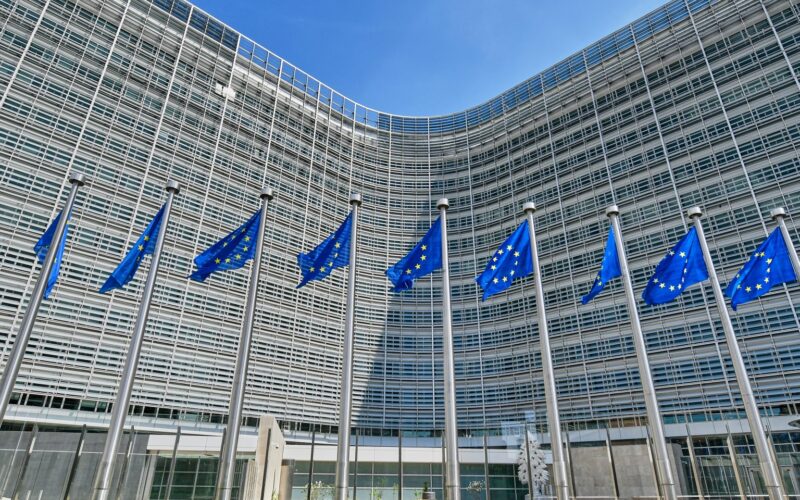The latest report from the European Court of Auditors (ECA) has revealed overestimations in climate project spending and misreporting of actual funds used by EU member states. The report, published on 11 September, highlights Croatia, Greece, and Portugal among the countries that claimed to have applied EU funds for climate-related measures, which were “not as green as described.”
The ECA found that Croatia and Portugal inflated their potential climate contributions to projects such as clean urban transport and forest adaptation to climate change. Although these projects had some positive climate effects, auditors argue that both countries exaggerated the amount of money counted toward ‘climate action’ under the European Commission’s funding formula.
Under EU guidelines, projects making a substantial contribution to climate change receive a 100% coefficient, those with a non-marginal contribution receive 40%, and projects with minimal or no climate impact are rated at 0%. The report pointed out discrepancies in the application of these rates, leading to inflated climate claims.
As of February 2024, the Recovery and Resilience Facility (RRF), which was created as part of the EU’s pandemic recovery fund, had disbursed €275 billion to support climate goals across the bloc. However, the audit concluded that the overall impact of the RRF on the green transition remains “unclear.” The green transition refers to investments in green technologies, energy efficiency, biodiversity, and the circular economy.
In Greece, funds intended for a new pumped storage hydropower plant were flagged for failing to assess the environmental impact, particularly potential harm to biodiversity. Slovakia was also criticised for setting overly high budgets for hydropower plant modernisation and biogas or biomethane installations. The ECA found that Slovakia approved 30% of the estimated project costs, but only 6% of the target could have been achieved, suggesting the project could have been completed at a fraction of the budget.
Joëlle Elvinger, the ECA auditor responsible for the report, emphasised that the RRF, of which at least 37% have to be earmarked for climate action, was a key investment tool for achieving the EU’s ambitious climate targets.
“However, it currently suffers from a high level of approximation in the related plans, as well as discrepancies between planning and practice, and ultimately provides little indication of how much money goes directly to the green transition,” Elvinger said.
Olivier Vardakoulias, finance coordinator at Climate Action Network (CAN) Europe, echoed these concerns, stating that the report confirms civil society’s fears of overstated climate investments. He urged member states to speed up the absorption of existing funds for genuine green transition projects and called for reforms to improve climate tracking methodologies in the EU budget.
“In the short term, member states should take note of the report’s conclusions by urgently accelerating the absorption of existing funds for genuine green transition investments; in the medium term, a reformed EU budget should significantly improve both climate ‘tracking’ methodologies,” Vardakoulias said.
















